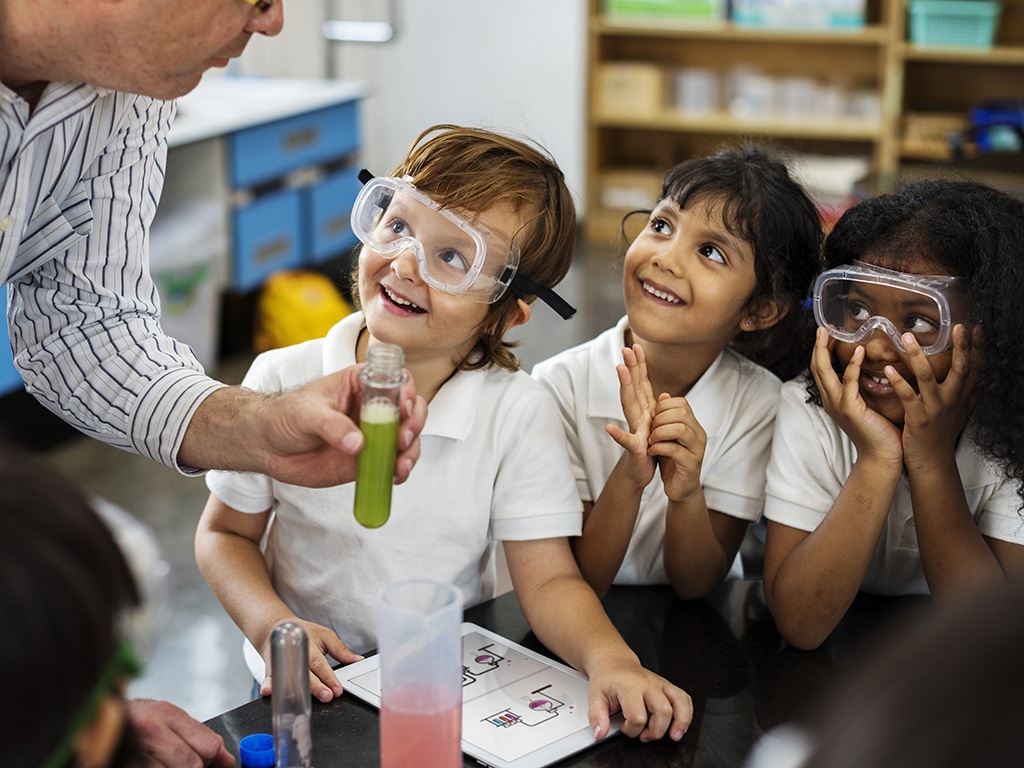As global trends change, so too does the need for more transformational, international learning, especially in science education. A new project from the IU School of Education will help prepare teachers for this need.
The project, A Peer-Led-Teaming Approach to Globalizing Rural Science Teacher Preparation in the United States, will be funded through a $24,998 grant from the Longview Foundation. Its goal is to prepare science teacher educators to include locally-driven, yet globally-focused science education in their rural science teacher preparation programs. The team will accomplish that by increasing science teacher educators’ level of global competence, increasing science teacher educators’ efficacy toward preparing rural teachers to teach global science education, increasing the frequency and quality of the use of global science education in rural schools and developing a community-of-practice in regard to global science education.


